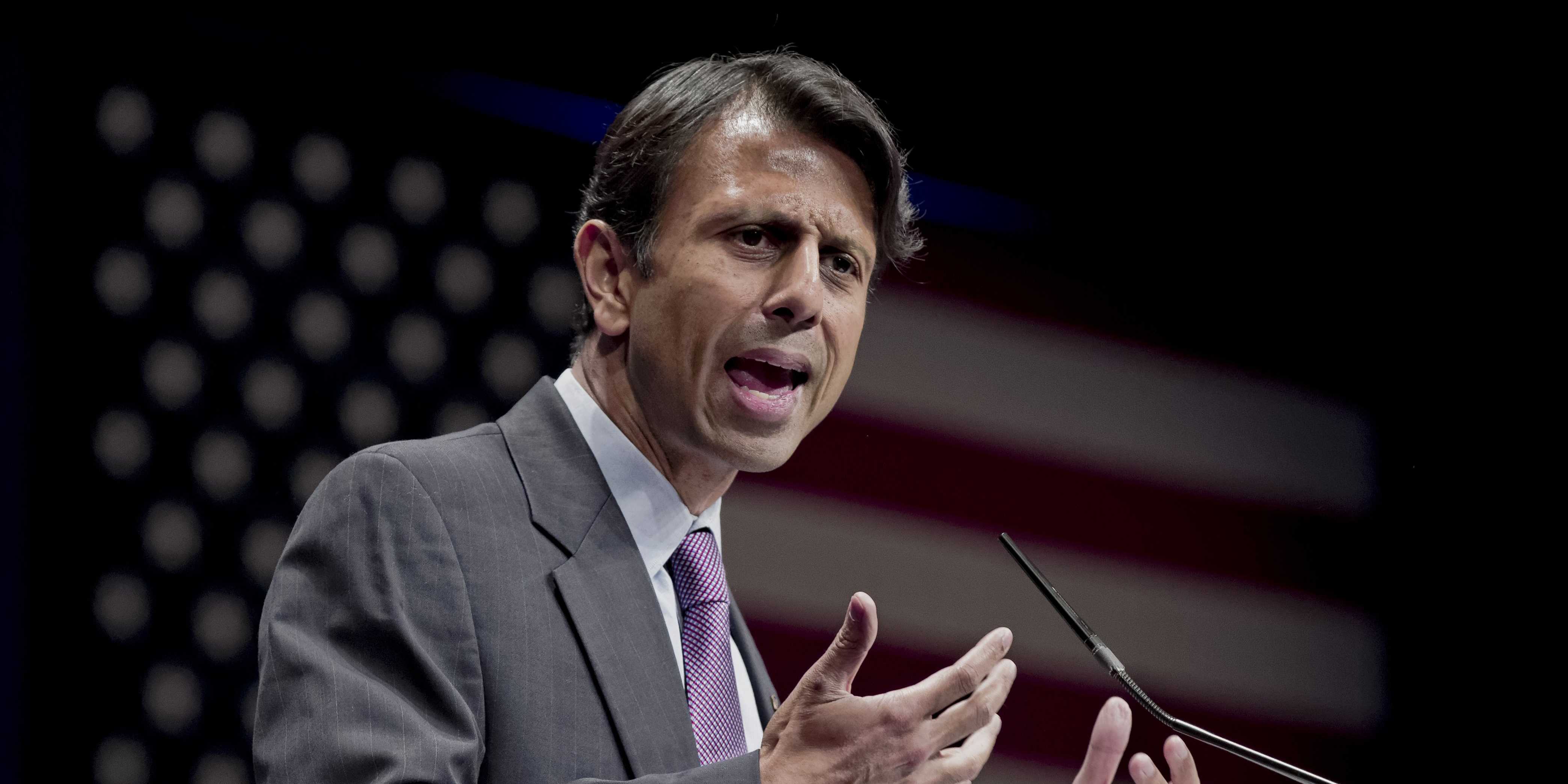367
BATON ROUGE — With Gov. Bobby Jindal's approval ratings nose-diving in Louisiana, candidates vying to follow him into the governor's office are freely bashing Jindal's two terms as chief executive.
The strategy, practiced by both Republican and
Analysis: Jindal record under attack in governor’s race
previous post




